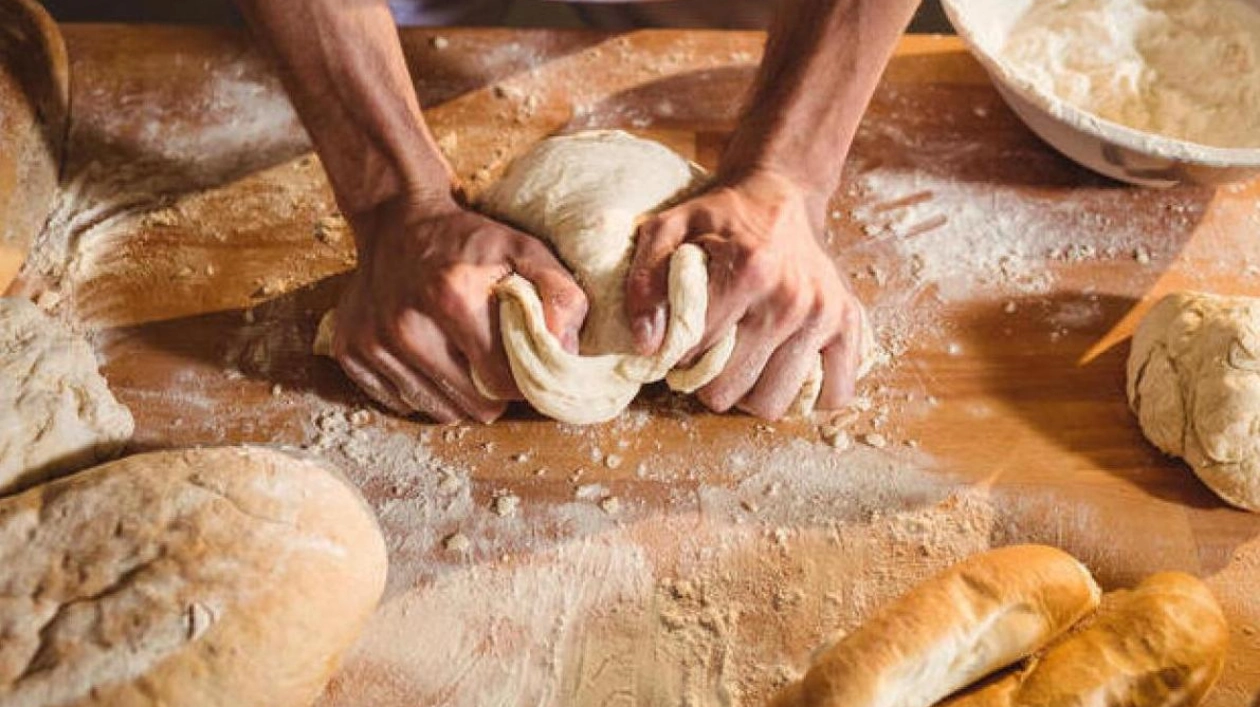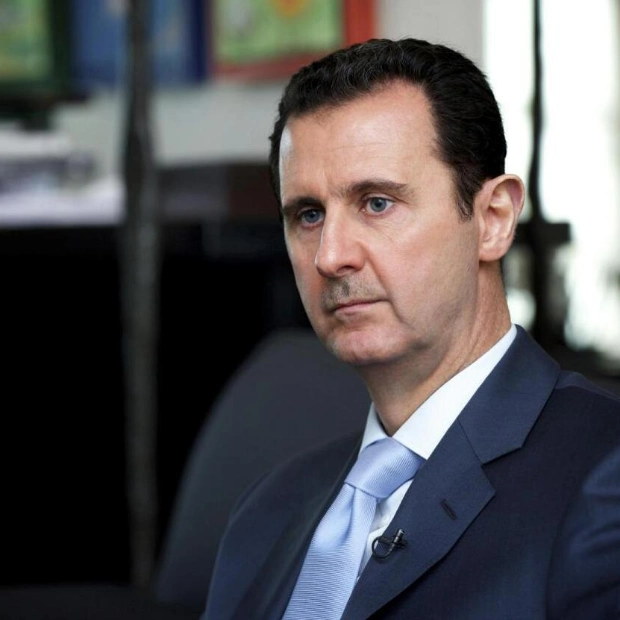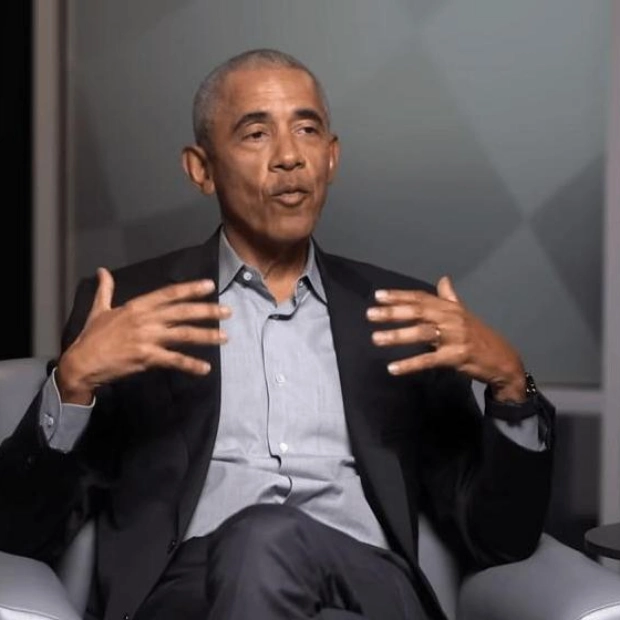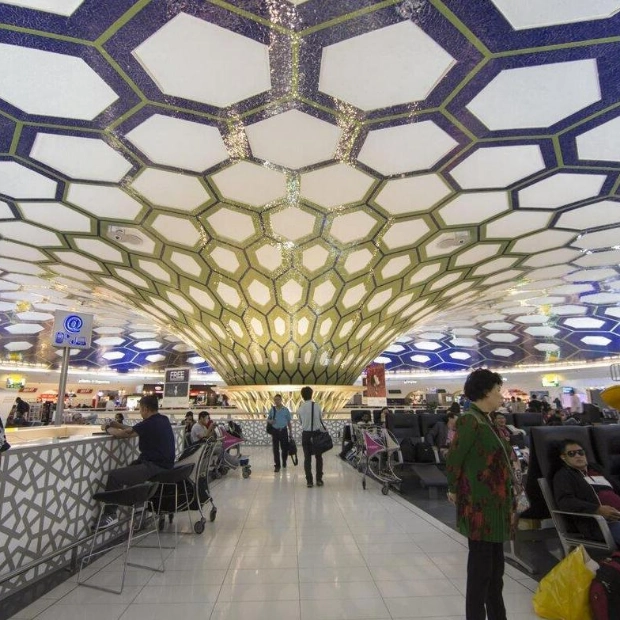Egypt's cabinet has made the decision to increase the price of subsidized bread for the first time in 30 years, as announced by Prime Minister Mostafa Madbouly on Wednesday.
Madbouly stated that the price of a loaf, which has been fixed at five piastres ($0.001) for decades, will quadruple to 20 piastres ($0.004) starting from June 1. He acknowledged that this move would not be well-received but stressed the necessity to 'rationalize the burden on the state treasury to ensure the sustainability of subsidies'.
Out of the country's 106 million population, 71 million people have been benefiting from bread subsidies, Madbouly mentioned. Despite the official price of subsidized bread remaining unchanged for 30 years, consumers have observed a gradual reduction in its size.
The severe economic crisis in Cairo over the past two years, marked by a two-thirds devaluation of the currency and a staggering 40% inflation rate last year, has compelled many Egyptians – especially those already living at or below the poverty line – to dip into their life savings to cope with surging food prices, experiencing over 70% inflation.
Earlier this year, Cairo secured a bailout exceeding $50 billion in loans and investment deals from the International Monetary Fund, the World Bank, and the United Arab Emirates. These agreements included commitments to reforms, such as reducing the state's intervention in the economy and implementing policies to combat inflation.
The government has indicated plans for extensive subsidy reforms, including the intention to eliminate subsidies on fuel and electricity. While officials have already reduced fuel subsidies and increased public transportation fares, they had previously refrained from altering bread subsidies – which are not just a staple food but also a symbol of Egyptian livelihood.
President Abdel Fattah al-Sisi has long argued that the fixed bread price was unsustainable for the state's finances. Madbouly also revealed on Wednesday that the government was contemplating a transition to a 'cash subsidy' model.
Last year's budget allocated 529 billion pounds ($11.2 billion) to subsidies, constituting about a sixth of the entire budget, while debt servicing represented over a third of the budget, equivalent to 1.12 trillion pounds. Moreover, Cairo's foreign debt has more than tripled in the last decade, reaching a record $165 billion according to central bank statistics.






